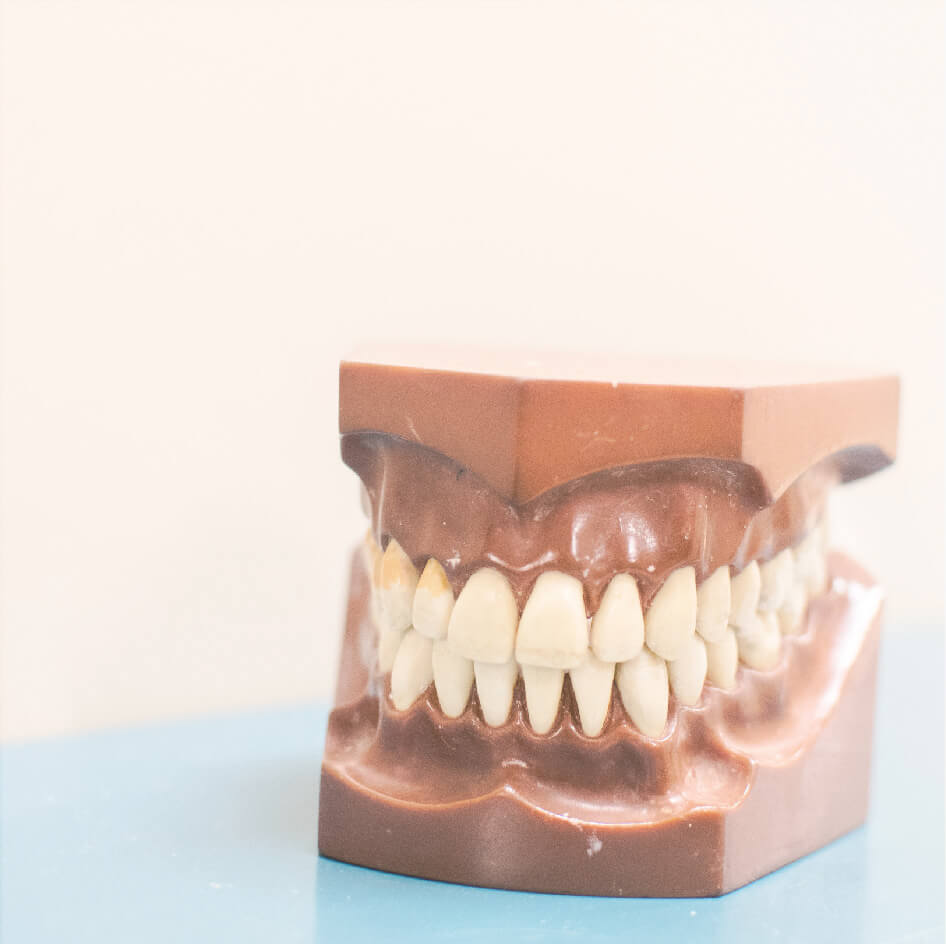

WHAT TYPES OF TREATMENT WILL THE DENTIST DO?
Non-surgical treatments may include scaling and root planning, a deep cleansing procedure performed on a patient under anesthesia. This is where the dentist scrapes plaque and tartar from above and especially below the gums. They will also smooth out the rough edges of your roots. This leaves a clean surface allowing your gums to attach to your teeth.
In more complex cases, your dentist Montreal may choose to use surgical treatments to restore your gums and oral support structures. These may include flap or pocket reduction surgery, soft tissue grafts, guided regeneration, bone grafts, bone surgery and dental implants.
HERE ARE SOME SIMPLE TIPS TO PREVENT DISEASES?
- Perform preventive examination examinations cleaning (at least once a year ideally twice a year)
- Brush your teeth at least twice a day
- Floss
- Eat a well balanced diet
- Avoid smoking; tobacco contributes greatly to oral diseases
Remember that your dental hygiene has a direct and long-term impact on your oral health. Brushing your teeth and flossing daily remove plaque and bacteria accumulated on and between your teeth helping to significantly reduce your risk of developing periodontitis. Perform regular cleanings at the dental office and consult your Montreal dentist at the slightest change on your gums. Good dental health goes through healthy gums.
The health of your gums is very important for your oral health. In case of fragility, it no longer protects your teeth and the bone in which they are anchored. Over time, your oral health deteriorates causing in worst cases the removal of one or more teeth. If you think you have periodontal disease, do not wait and consult with your dentist Montreal immediately.
GINGIVITIS VS PERIODONTITIS WHAT IS THE DIFFERENCE?
Gingivitis is an inflammation of the gums caused by dental plaque (bacteria) and tartar (hardened dental plaque) that accumulates on teeth. This disease is reversible with good oral care at home and preventive follow-ups at the dental office.
Periodontitis is essentially gingivitis that has evolved. It is the inflammation of the tissues that also affects the support bone of the tooth. This disease is caused by dental plaque (bacteria) and tartar (hardened dental plaque) that accumulates over a long period of time on the teeth and under the gums. A pocket of bacteria forms between the tooth and the gum and attacks the tissues and bone around the tooth. In an advanced stage of the disease, the loss of bone around the tooth is so large that teeth become mobile and may fall. This is the main cause of tooth loss in adults. This disease is irreversible since the bone loss will not regenerate. However, there are treatments to treat periodontitis and prevent its progression.
ARE THERE ANY OTHER POSSIBLE CAUSES WHICH ARE THE ORIGIN OF PERIODONTICS?
Several other causes contribute to this degradation.
- Pregnancy: the hormonal variations linked to pregnancy also weaken the gums.
- Failure of your immune system allows for more development of bacteria. This is the case when you have certain diseases: diabetes, viral infections, cancer,
- Time: Over time your gums have more difficulty resisting aggression. In general, these troubles appear in advanced adulthood
WHEN SHOULD I CONSULT MY DENTIST MONTREAL?
It's time to visit your dentist Montreal if you start having the following signs and symptoms, especially if you have other pre-existing health problems:
- Bleeding during brushing / flossing
- Redness, inflammation or sensitive gums
- Bad taste or breath
- Abscesses
- Moving teeth
- Tooth loss
- Spaces between teeth that were not there before
WHAT TO EXPECT DURING THE VISIT?
The dentist will examine your gums to verify the recession of the gum line, the alignment of the jaw bones and any loose or missing teeth. Using a probe, he can measure the depth of the pockets between your teeth and gums to determine their health level. Finally, they will take x-rays to determine your oral health under the gum. The dentist will then explain to you your treatment options, giving you a treatment plan allowing you to better understand the process to come.
WHAT TYPES OF TREATMENT WILL THE DENTIST DO?
Non-surgical treatments may include scaling and root planning, a deep cleansing procedure performed on a patient under anesthesia. This is where the dentist scrapes plaque and tartar from above and especially below the gums. They will also smooth out the rough edges of your roots. This leaves a clean surface allowing your gums to attach to your teeth.
In more complex cases, your dentist Montreal may choose to use surgical treatments to restore your gums and oral support structures. These may include flap or pocket reduction surgery, soft tissue grafts, guided regeneration, bone grafts, bone surgery and dental implants.
HERE ARE SOME SIMPLE TIPS TO PREVENT DISEASES?
- Perform preventive examination examinations cleaning (at least once a year ideally twice a year)
- Brush your teeth at least twice a day
- Floss
- Eat a well balanced diet
- Avoid smoking; tobacco contributes greatly to oral diseases
Remember that your dental hygiene has a direct and long-term impact on your oral health. Brushing your teeth and flossing daily remove plaque and bacteria accumulated on and between your teeth helping to significantly reduce your risk of developing periodontitis. Perform regular cleanings at the dental office and consult your Montreal dentist at the slightest change on your gums. Good dental health goes through healthy gums.

514 504 - 3368
(DENT)
Walking Distance From Concordia and McGill Universities, as well as many other colleges
Walking Distance From Concordia and McGill Universities, as well as many other colleges



